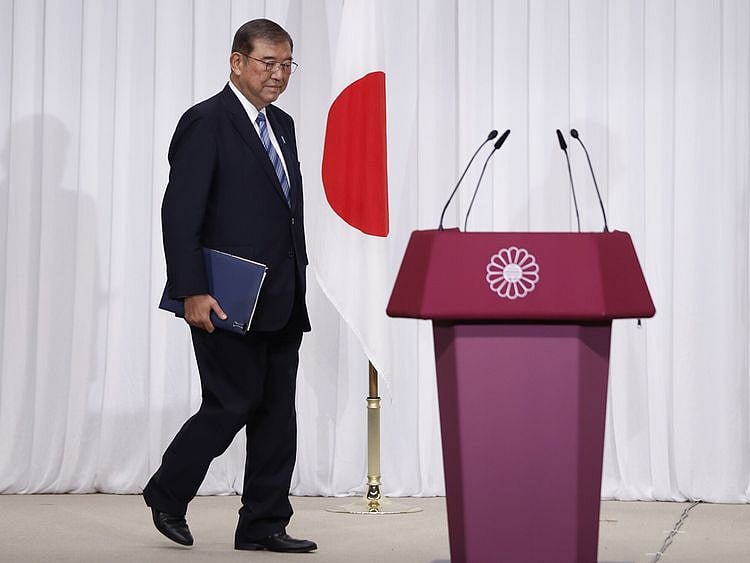Why Japan’s LDP faces historic loss
A scandal and economic stagnation spur Japanese voters to challenge decades of LDP rule

The Liberal Democratic Party’s (LDP) loss in Japan’s recent election has shaken up the country’s political landscape and exposed some deep-rooted frustrations among the voters. The ruling coalition, led by the LDP and its partner Komeito, fell short of the 233-seat majority in the Diet’s lower house — a seat count they’ve held nearly unchallenged for decades.
For the LDP, a party that has led Japan for all but a handful of years since the 1950s, this isn’t just a bump in the road; it’s a real warning sign. Japanese voters are sending a clear message: they want their leaders to be accountable and transparent, and they’re tired of business as usual.
Typically, Japanese elections have been rather predictable affairs. This one, however, was anything but. At the heart of this electoral upset is last year’s corruption scandal involving political funding violations that entangled some of the LDP’s top brass. For many voters, this scandal was more than just an isolated incident — it was a harsh reminder of a deeper issue. The LDP’s long-standing dominance in Japanese politics has led to a sense of complacency, and the scandal pulled back the curtain on a system that, to many, feels out of touch.
Also Read
'Our pride': Lone child brings hope to Japan's puppet villageVideo: Japan 'zombie' train spooks passengers ahead of HalloweenSomething for everyone: Why Japan's Liberal Democratic Party is so successfulA widening wealth gap
For Japan’s ageing population, which has long been a core supporter of the LDP, there’s a growing awareness that things need to change. Years of economic stagnation, an uncertain welfare system, and a widening wealth gap have made many feel that the party isn’t listening to the everyday challenges people face. And for young people, the LDP’s reluctance to address issues like job security and wages has only added to their frustration. This election felt like an opportunity to send a message, and voters took it.
A particularly intriguing leader in this election is Shigeru Ishiba, an outspoken member of the LDP who has never shied away from challenging his own party. Ishiba’s willingness to question the LDP’s hardline stance on issues like national security and economic policy has struck a chord with voters who feel that Japan’s leadership has grown stale. His growing popularity signals a desire among the public for leaders who listen and aren’t afraid to speak up, even if it means going against the party line.
This shift will likely impact Japan’s foreign policy, too. The LDP’s weakened majority could force them to reconsider positions on key international issues, from relations with the US and China to regional security and trade agreements.
These elections aren’t just about numbers in the Diet; it’s about reconnecting with people who are demanding a government that reflects their values and priorities. Whether the LDP can make this shift is still up in the air, but one thing is certain: Japanese politics is evolving, and the demand for accountability is only growing stronger.
Rachel Williams is an American researcher and columnist exploring the intersection of politics and innovation
Sign up for the Daily Briefing
Get the latest news and updates straight to your inbox
Network Links
GN StoreDownload our app
© Al Nisr Publishing LLC 2026. All rights reserved.